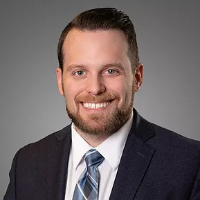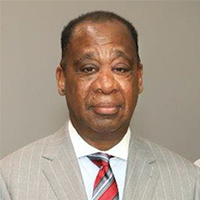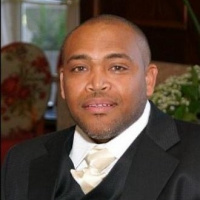Charlotte Criminal Lawyer, North Carolina
Sponsored Law Firm
-
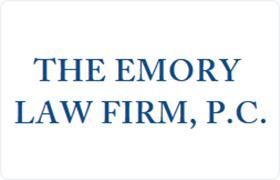 x
x

Click For More Info:
-
The Emory Law Firm
11020 David Taylor Dr. Suite 102 Charlotte, NC 28262» view mapCriminal Defense Law Our People Make The Difference
We’re dedicated to ensuring that we take care of all of our clients, and that their legal needs are met and exceeded. We offer high-quality legal work and personal client service.
800-972-6341
Samuel J. Randall
✓ VERIFIEDSince 1998, Samuel J. Randall, IV has built a solid reputation among his peers, adversaries, and the judiciary in North Carolina as an aggressive and ... (more)
Andrew Gordon
✓ VERIFIEDAndrew was born and raised in Syracuse, NY and moved to Charlotte in 2010 to pursue his legal education. Having grown up with 8 siblings and step-sibl... (more)
Carlos R. Emory
✓ VERIFIEDC. Randy Emory was born and raised in the small, rural town of Wilson NC. Throughout his childhood, Mr. Emory displayed many leadership qualities. In ... (more)
Kirk Robert Lundell
✓ VERIFIEDFollowing a successful 15-year career managing several well-known retail stores throughout the country, Mr. Lundell decided to refocus his passion for... (more)
Richard L. Brown
✓ VERIFIEDMr. Brown has practiced law primarily in Union County, North Carolina for over 14 years. He also serves the surrounding counties of Anson and Mecklenb... (more)
FREE CONSULTATION
CONTACT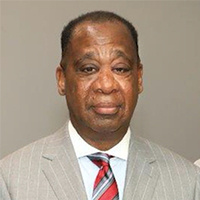 C. Randolph Emory Charlotte, NC
C. Randolph Emory Charlotte, NC Practice AreasExpertise
Practice AreasExpertise
